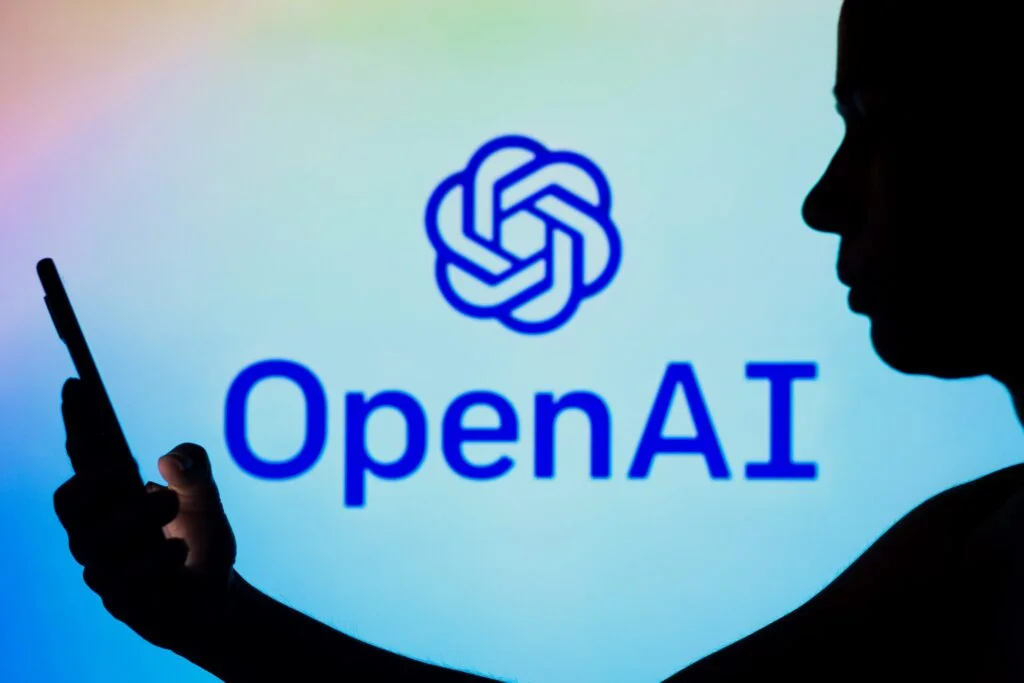OpenAI, ChatGPT’s parent company, has launched a program to increase democratic participation in AI development. It would award 10 grants of $100,000 each to teams worldwide to develop a democratic process for determining AI rules.

The company announced on May 25 that it intends to award ten grants of $100,000 each to fund experiments to establish a “proof-of-concept” democratic procedure for determining the rules that AI systems must follow.
According to OpenAI, the regulations should be “within the bounds defined by the law” and should benefit humanity.
“This grant represents a step to establish democratic processes for overseeing AGI and, ultimately, superintelligence.”
The company stated that the experiments would be the foundation for a future “global” and “ambitious” endeavour.
It was also noted that the results of the experiments would not be legally binding but would be used to investigate vital questions regarding AI governance.
OpenAI’s charitable branch provides the grant. It was stated that the project’s outcomes would be freely available to the public.
This comes at a time when governments around the globe are attempting to implement regulations on general-purpose generative AI.
Sam Altman, CEO of OpenAI, recently met with European regulators to emphasize the significance of nonrestrictive rules that do not impede innovation.
A week earlier, Altman testified to Congress with a similar message.
In announcing a new grant program, OpenAI affirms that laws should be tailored to the technology and that artificial intelligence requires “more intricate and adaptive guidelines for its conduct.”
It provided example questions such as “How should disputed views be represented in AI outputs?” Following this, it was stated that no single individual, organization, or nation should dictate such decisions.
OpenAI has previously warned that a superhuman AI could emerge within a decade if AI is not developed with caution. Therefore, developers “have to get it right.”
